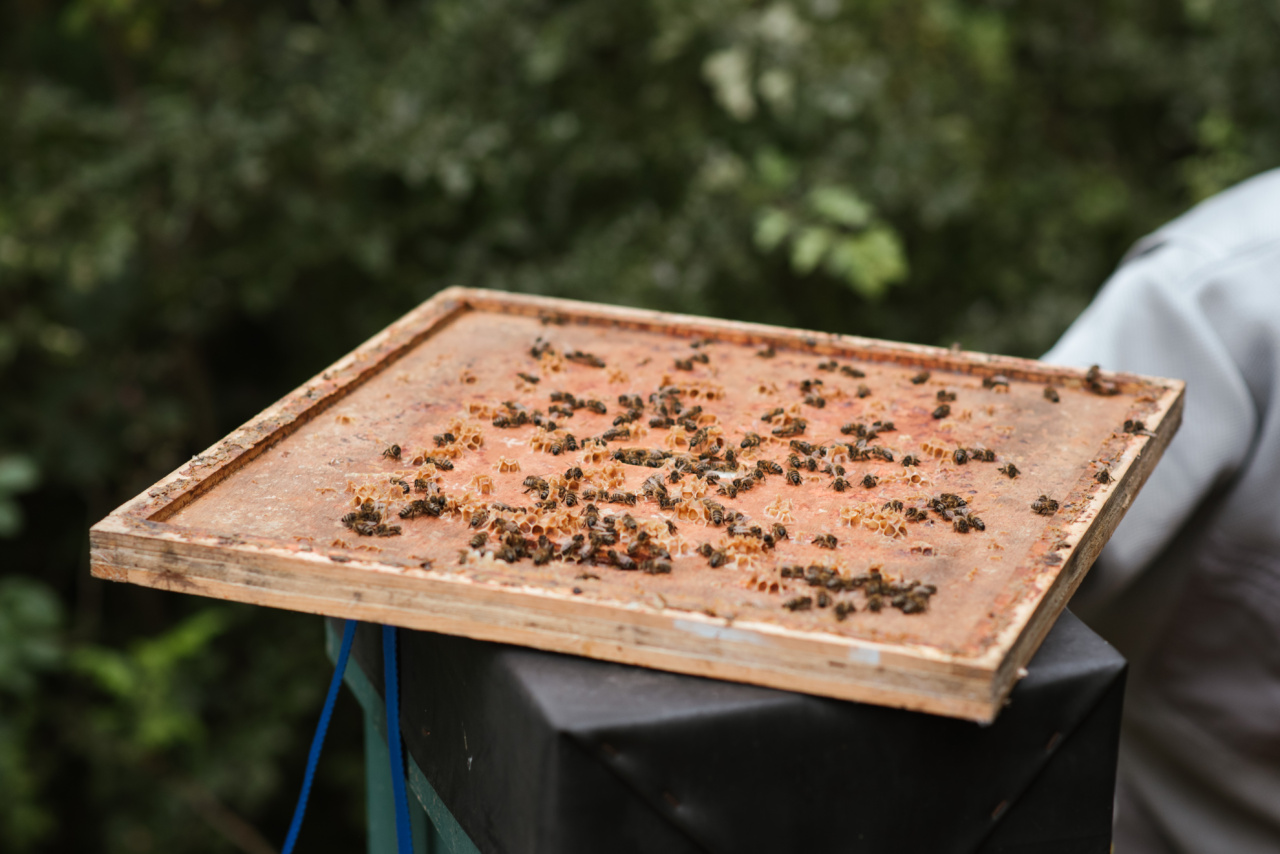Summer is a time for picnics, barbecues, and outdoor dining. However, it’s important to be aware that not all summer foods are safe and healthy. Some common seasonal treats can actually pose a risk to your health.
In this article, we will discuss the top five summer foods that can be harmful and provide you with tips on how to enjoy a safe and healthy summer.
1. Raw or Undercooked Seafood
Many people enjoy seafood during the summer months, but consuming raw or undercooked seafood can lead to foodborne illnesses such as salmonella or vibrio infections.
It’s essential to ensure that the seafood you consume is properly cooked to kill any bacteria or parasites present. Cooking seafood at the right temperature will help you avoid any potential health risks.
2. Unpasteurized Dairy Products
Unpasteurized dairy products, like raw milk and certain types of cheese, can carry harmful bacteria such as E. coli, Listeria, and Salmonella.
These bacteria can cause severe illnesses, especially in young children, pregnant women, and individuals with weakened immune systems. Make sure to choose pasteurized dairy products to reduce the risk of foodborne infections.
3. Potato Salad and Other Mayonnaise-Based Salads
Mayonnaise-based salads, like potato salad and coleslaw, can become a breeding ground for bacteria if not handled properly. The combination of warm temperatures and mayonnaise can create an environment that promotes bacterial growth.
To prevent food poisoning, keep these salads properly refrigerated or avoid them altogether if you’re unsure about their storage and handling conditions.
4. Unwashed Fruits and Vegetables
Summertime is the perfect season for a variety of fresh fruits and vegetables. However, consuming unwashed produce can put you at risk of ingesting harmful bacteria, parasites, or pesticides.
Always remember to thoroughly wash your fruits and vegetables before consuming them or opt for organic produce, which is less likely to have pesticide residue.
5. BBQ Meats Cooked at High Temperatures
Grilling is a popular summer activity, but consuming meats cooked at high temperatures, especially the charred bits, can be harmful to your health.
Cooking meats at high temperatures can produce carcinogenic compounds known as heterocyclic amines (HCAs) and polycyclic aromatic hydrocarbons (PAHs), which may increase the risk of cancer. To minimize the risk, avoid charring meats and use marinades or spices that can help reduce HCA formation.
Tips for Safe and Healthy Summer Eating
While it’s important to be aware of potentially harmful summer foods, you don’t have to miss out on all the seasonal delights. Here are some tips to help you enjoy a safe and healthy summer:.
1. Practice Proper Food Handling and Storage
Ensure that you follow proper food handling and storage practices, such as keeping perishable foods refrigerated, washing your hands before and after handling food, and using separate cutting boards for raw and cooked food.
These practices can help prevent the spread of bacteria and reduce the risk of foodborne illnesses.
2. Cook Foods to the Appropriate Temperature
Make sure to cook foods, especially meats and seafood, to their appropriate internal temperatures. Use a food thermometer to ensure that foods reach the recommended safe temperatures and kill any harmful bacteria.
3. Stay Hydrated
Summertime heat can lead to dehydration, so it’s essential to stay hydrated. Drink plenty of water throughout the day and limit your consumption of sugary drinks and alcohol, as they can contribute to dehydration.
4. Choose Fresh and Organic Produce
Select fresh and organic produce whenever possible. Organic fruits and vegetables are grown without synthetic pesticides, reducing the likelihood of pesticide residue on your food.
5. Be Mindful of Portion Sizes
Enjoy your favorite summer foods in moderation and be mindful of portion sizes. Overindulging in rich or heavy foods can leave you feeling sluggish and may contribute to weight gain.
Conclusion
While summer is a time for indulging in delicious foods and enjoying outdoor dining, it’s crucial to be aware of the potential dangers that certain summer foods can pose.
By practicing proper food handling and storage, cooking foods to the appropriate temperatures, staying hydrated, choosing fresh produce, and being mindful of portion sizes, you can ensure a safe and healthy summer. So, go ahead and savor the flavors of summer, while keeping yourself and your loved ones protected.




























